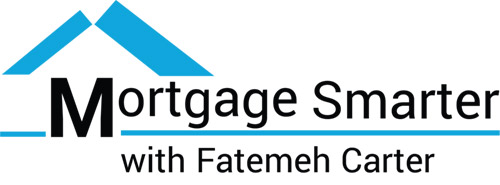
Congratulations on locking in a historically low rate on your mortgage! There are many financial benefits from taking advantage of these once in a lifetime borrowing terms, but how does the mortgage impact your income taxes at the end of the year?
Some of the costs, such as appraisal fees, closing costs, and title fees, are not deductible. However, during the closing process, if you paid any taxes, these may be deductible but subject to the limits on your Schedule A. Also, if you paid any points at closing, these would be tax deductible. How to deduct these points depends on if the loan was taken out as part of the home purchase or if it was a refinance. If the loan taken out was to purchase a home, these points are fully deductible on your schedule A in the year you buy your house.
However, if you are refinancing, the points deductions are allocated over the life of the loan. For example, if you paid $3,000 in points for a refinanced 15-year loan, you would be able to deduct $16.67 a month or $200 a year of these points on your Schedule A. Another thing to consider with a refinanced loan is if part or all of the loan was used for improvements for your home, then you can deduct the points paid, or the portion of them attributed to these home improvements in the year of the refinance.
There are some mortgage borrowing limits to keep in mind. In the past, you could deduct the interest on mortgages up to $1 million. The 2018 tax code changes have lowered the limit, you can deduct interest up to $750,000 for years beginning in 2018. If you are refinancing and had an $850,000 mortgage from a home purchase in 2017, and refinanced it to an $800,000 mortgage in 2020, the original loan limits would still apply and you would still be able to deduct the interest on the full refinanced loan amount.
If you have questions about this or other tax-related questions contact Team ZUNA at brian@teamzuna.com.

Brian Miller, CPA
Director of Finance
Zuna
971-339-5706
brian@teamzuna.com
www.teamzuna.com

